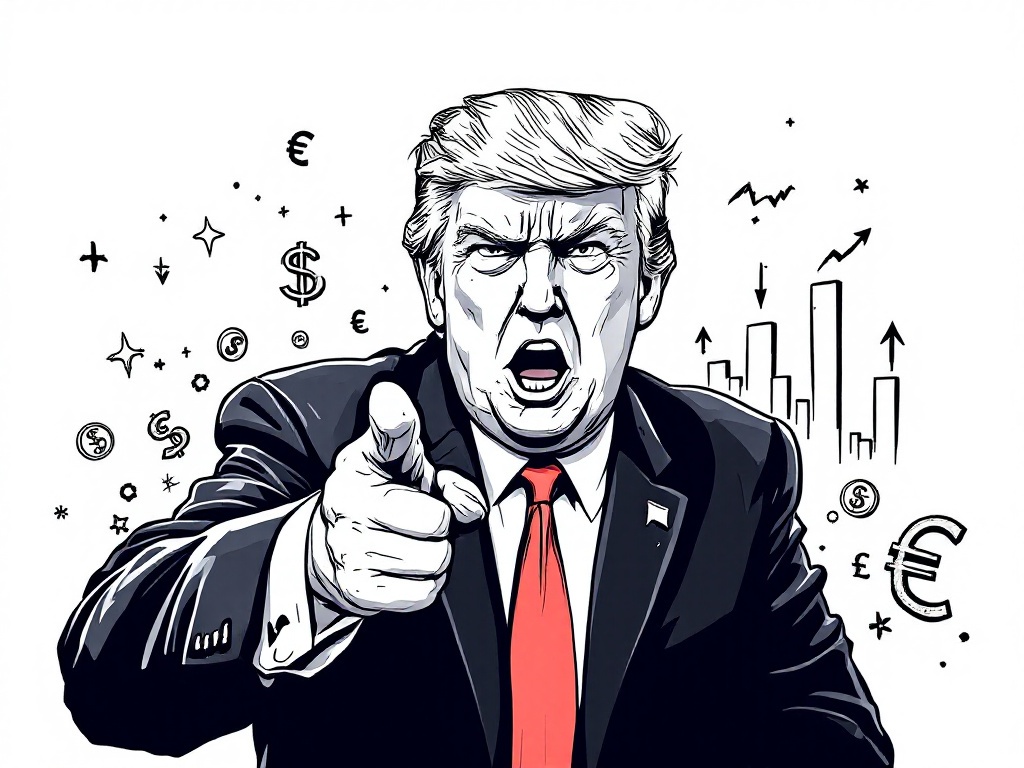Trump Escalates Tensions With EU Through New Tariff Threats

United States, Monday, 3 February 2025.
On February 2, 2025, Donald Trump declared tariffs against the EU, risking a trade war. The EU plans firm retaliation, which could significantly impact transatlantic economic relations.
Recent Trade Actions and EU Response
Following his recent implementation of tariffs against Canada and Mexico at 25% and China at 10% [3], Trump has now definitively stated that the European Union will face similar measures [1]. While no specific tariff rates for EU goods have been announced [1], the threat comes amid escalating global trade tensions. The European Union has taken a strong stance, with officials warning they will ‘respond firmly’ to any new tariffs imposed on EU goods [1][6]. European Commission President Ursula von der Leyen emphasized that the EU ‘will act decisively to protect our economy’ [1].
Global Trade Impact
The current trade situation has already triggered significant international responses. Canada has announced retaliatory measures of 25% tariffs on US$20 billion worth of US goods, effective February 4, 2025, with plans for additional tariffs on US$86 billion of US imports in the following weeks [3]. Mexico’s President Claudia Sheinbaum is expected to announce detailed retaliatory measures on February 3, 2025 [3]. Economic experts warn that these trade tensions could have severe implications, with Paul Ashworth of Capital Economics noting that the imposed tariffs could potentially drive Canada and Mexico into recession [7].
Ireland’s Vulnerable Position
The potential EU tariffs could particularly impact Ireland, which maintains significant trade relations with the US. In 2023, US imports from Ireland reached €54 billion, with pharmaceuticals and chemicals comprising about €36 billion of these exports [2]. Ireland’s position as the fourth-largest trade surplus holder with the US, after China, Mexico, and Vietnam [2], makes it potentially vulnerable in any escalating trade conflict. Irish Foreign Minister Simon Harris has attempted to maintain diplomatic channels, stating ‘We can do business with the Trump administration’ [2].
Future Implications
While Trump has indicated tariffs will ‘definitely happen’ with the EU [3], he has taken a notably softer stance toward the UK, acknowledging a good relationship with Prime Minister Keir Starmer [3]. The EU’s trade policy operates under ‘exclusive competence,’ meaning individual member states cannot negotiate separate trade deals [2]. Universal tariffs targeting EU imports are expected to be implemented in April 2025 [7], though specific rates and affected products remain unspecified. The European Commission has warned that ‘Tariffs create unnecessary economic disruption and drive inflation. They are hurtful to all sides’ [3].